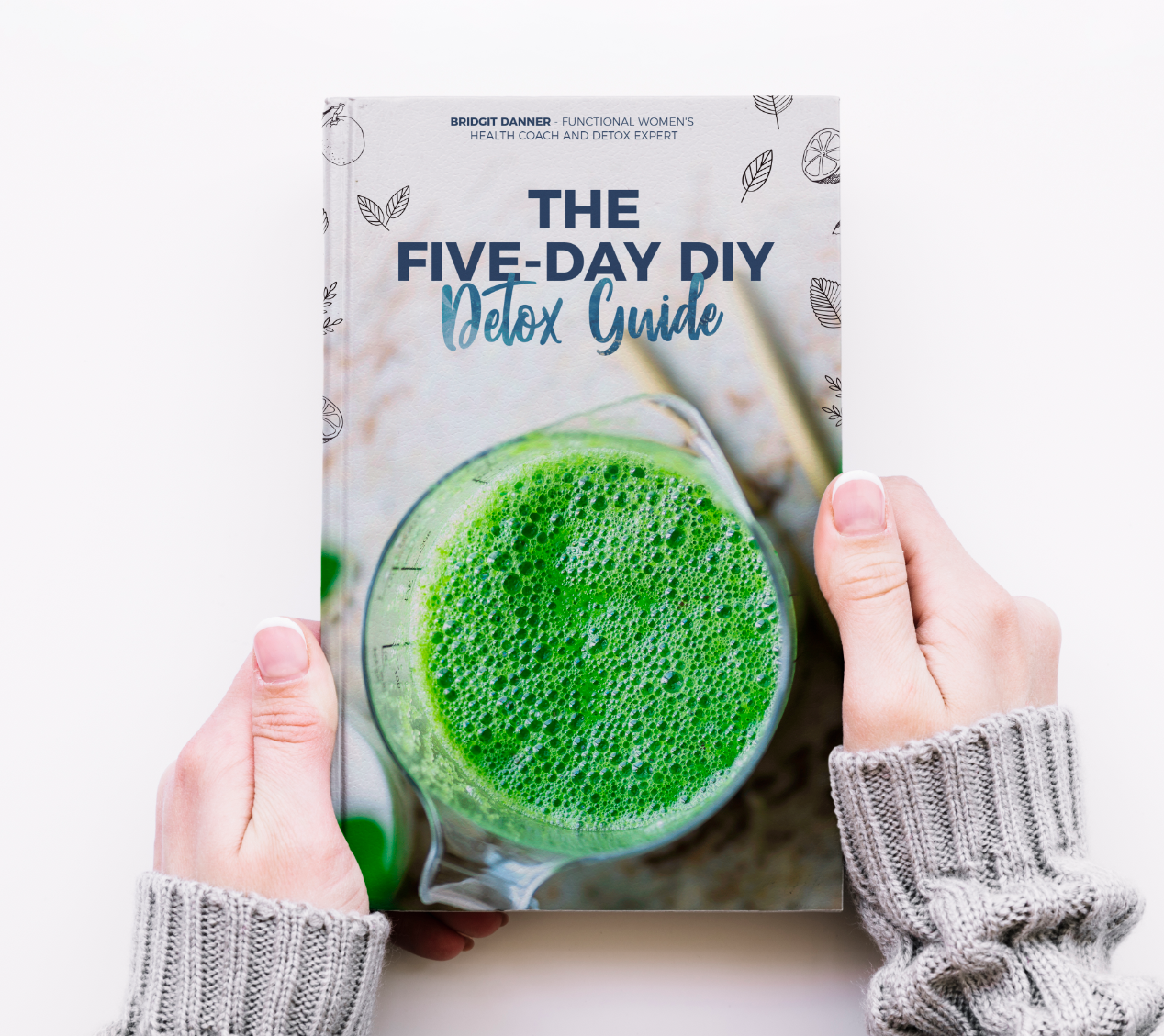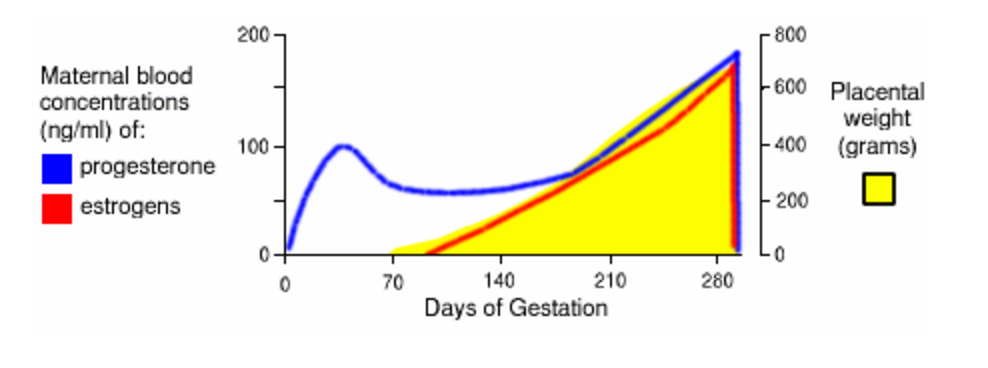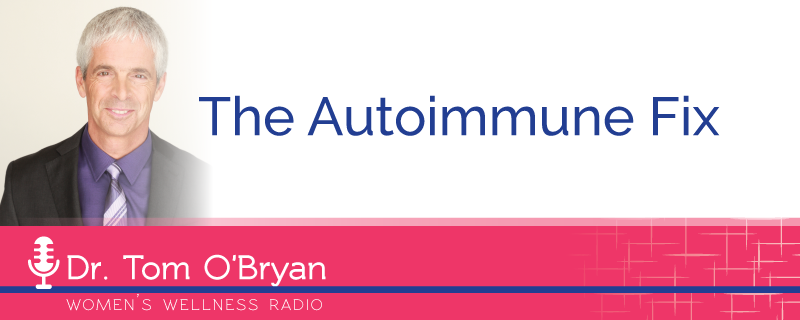As I prepared for this article, I googled “tips for PMS.” Some suggestions were basic but good, such as stopping smoking. Others were very disappointing, like use ibuprofen for cramps or take antidepressants for severe symptoms. Yes those are solutions, but only temporary ones. They don’t get to the root of your PMS problem. And for actual prevention, that’s what you need.
PMS, or premenstrual syndrome, was first defined as a group of symptoms with no known cause that arises before or during your menstrual cycle. In our modern culture, it’s become a common term and an expected part of having a period.
PMS is actually not a required part of your life, and it does have a cause: low progesterone / estrogen dominance. Why you get into this pattern will vary with each woman, but there are a few main culprits.
For today I’m going to give some of my best tips for PMS I’ve learned over my 12 years working with women.
1. Drink Water
Ok, this one may seem too easy. You drink it everyday. But if you aren’t getting enough water for your cells to function properly or for your body to detoxify, you can have symptoms of PMS.
Some of my clients have relieved their symptoms just by making sure to drink eight 8 oz. glasses of water per day in the week before their period.
Ideally we should all drink that much pure water everyday. Tip: start right away with a glass in the morning, and keep water near you to sip between meals all day.
Magnesium is a mineral that we need to make progesterone in the second half of our cycle, and the we need to prevent menstrual cramps.
Food sources of magnesium include sunflower seeds, beans, nuts, dark leafy greens, avocado and dark chocolate! That’s often why you crave it around your period!
If you are thinking, “well I take a multivitamin,” check the amount you’re getting on your bottle. Magnesium is very bulky and the RDA (recommended daily allowance) of 400 mg of magnesium can’t fit in a one-a-day pill.
Magnesium bisglycinate chelate is one of the best absorbed forms of magnesium, and this is the one that I have chosen to use personally. Click here to learn how to tell if you have a magnesium deficiency, or check out my favorite brand here.
Fish oil is anti-inflammatory, and quelling inflammation allows your cells to receive hormonal signals. Translation: your hormones won’t be going wack-a-doodle. Fish oil also prevents inflammation that can cause cramps. And it helps regulate the immune system in cases of autoimmunity that can be involved in female disorders such as endometriosis.
However, finding a high-quality fish oil is essential, and it’s not always easy. Read my article on healthy fats (including fish oil) here, and check out my favorite brand here.
NOTE: My ‘big three’ cures for menstrual cramps are water, magnesium and omega fatty acids. Take caution not to overdose on sugars (see tip #8) when you add in these three beneficial substances.
4. Eat Fiber
Fiber is an unsung hero for hormones. To have balanced hormones, you need to clear out old hormones. How do you do that? You need to support your liver and digestive tract.
Fiber helps you move your bowels so toxins aren’t reabsorbed. It also supports a healthy gut microbiome (the community of organisms in your digestive tract) so that you make vitamins and brain chemicals, which further keeps you balanced. You also get all the good stuff out of food through a healthy gut. If I haven’t totally convinced you yet, fiber keeps your gut healthy. An unhealthy gut is a major source of inflammation, which as you learned is no bueno for your hormonal health.
I’m not talking about that weird fiber you buy from the drugstore and mix into water. Aim for eight different sources of fiber a day from a variety of leafy veggies, root vegetables, fruits and gluten-free whole grains and seeds. In a week, aim for twenty different sources. The more variety is the better, so try new foods from the produce section and from your farmers’ market.
You want to get 30 gm of fiber a day, which is kind of a lot. I get extra by adding hemp seed and chia seed to my smoothies.
5. Dose Up on Vitamin B6
Vitamin B6 is a power compound for women’s health. B6 is needed to make progesterone in the second phase of your menstrual cycle. If you are deficient, you could end up with PMS, a short cycle or spotting. This factors into fertility issues as well.
If you take a good-quality multivitamin, you are getting a dose of B6. But if you have severe PMS, you may want to try a high dose for a few months, along with some of the other tips in this article.
Some food sources of B6 are brown rice, liver, beef, lentils, tuna, banana, cashews, cabbage and turkey.
The RDA for B6 for women in their childbearing years is 1.3 mg. I would try taking 100 mg a day for 3 months. You can use the same dose (divided into 25 mg doses) for morning sickness.
6. Try Borage Oil
Borage oil is derived from cold-pressing the seeds of the borage, or starflower, plant. This oil is anti-inflammatory, anti-oxidant and is high in GLA (gamma-linoleic) fatty acids. You may have heard of using evening primrose oil for PMS, and that is good too, but borage oil is higher in GLA; it’s the highest of any seed oil.
It may be that, like black cohosh, it’s the potent anti-inflammatory and antioxidant properties of borage oil that enable your glands and organs to function correctly, thus alleviating PMS.
I recommend 1 capsule a day in the two weeks before your period.
7. Get Sleep
When you sleep, you heal. You make growth hormone and repair tissues. When you don’t sleep, you get cranky and have food cravings. Then you eat a doughnut, feel guilty and feel sick.
When you are trying to fix PMS, you want to create as much stability as possible in your body. This makes the changes that come with a menstrual cycle much easier to endure.
So please get about eight hours of sleep each night. Some of us need a bit more, and some a bit less. Your sleep timing is also important. At 10 PM your adrenal glands start to repair, so you want to be sleeping like a beauty by then.
8. Avoid the Sweet Stuff
What do processed sweets and starches, pumpkin lattes and wine have in common? They all disrupt your blood sugar and contribute to PMS. I know it’s not what you want to hear, but it’s so, sister.
When your blood is often high is sugars, your cells block more sugars from coming inside. This is called insulin resistance. (Insulin is the hormone that helps delivers the sugars.) This insulin lingering in your blood can cause increased production of testosterone, which converts to estrogen, and now you have that estrogen dominance / low progesterone state of PMS.
I invite you to spend a full menstrual cycle avoiding the sweet stuff and trying these other tips and see what happens in your cycle. If you think about giving up lattes forever, it’s too much. But you can commit to a month, and once you fall off the wagon and symptoms resurface, it’s much easier to choose to avoid the sweet stuff.
If you are going to eat a processed carbohydrate or sweet, pair with protein, fat and fiber so it won’t spike your blood sugar as much.
Tips 9 & 10: Acupressure and Essential Oils
These times are brought to you, in video form, by my friend and colleague, Brodie Welch, LAc. Enjoy!




















































